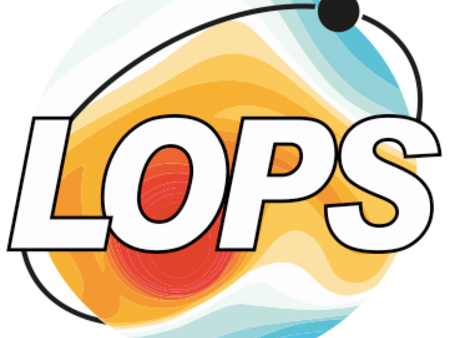Théo Picard
Titre de la thèse : Data‐driven MOdeling and sampling to MOnitor PARticle origins in deep sediment traps (MOMOPAR)
Encadrants : Laurent Mémery, Ronan Fablet, Jonathan Gula
Financements : ENS
Date de début : 01/10/2021
Résumé :
The Carbon Pump represents the processes that regulate the absorption and storage of atmospheric CO2 in the deep ocean. CP plays a major role in climate and biogeochemical cycles (C, O2, nutrients, ..). The biological part of this pump reduces unperturbed atmospheric CO2 by 35 to 50%. It is driven by photosynthesis at the ocean surface, which creates particles that are exported by gravity in the deep ocean (export production). These particles differ in size, composition and vertical velocity, and are partially remineralized in the ocean.
Export production is historically observed with sediment traps from the upper thermocline down to several thousand meters. The interpretation of these data is based on a very strong hypothesis: the ocean is 1D vertical, which means that the trajectories of the particles, produced by the local primary production, are vertical. In fact, the ocean circulation is three-dimensional, and is further characterized by energetic structures at different scales: the origin of the particles that reach a deep sediment trap is thus spread over a domain that depends on the horizontal ocean circulation at all scales.
International programs, such as the American program EXPORTS or the French program APERO, focus on the fate of carbon in the mesopelagic layer (200-2000 m) and on the estimation of carbon stored in the deep ocean. They are based on ambitious cruises that aim to characterize the carbon flux in the deep ocean, i.e. sinking particle dynamics, from regional to small-scales. In addition, these cruises take place near historical sediment trap moorings (more than 20 years of temporal coverage), such as the British PAP station in the northeast Atlantic. It is therefore crucial to estimate the domain that defines the “funnel” feeding the sediment traps, as this domain must be sampled during the cruise to obtain a consistent picture of carbon fluxes.
In this context, the general objective of this PhD is to investigate data-driven and learning-based framework to investigate the monitoring and sampling of particle fluxes in the deep ocean from the synergies between available in situ, satellite-derived, simulation and reanalysis datasets.





